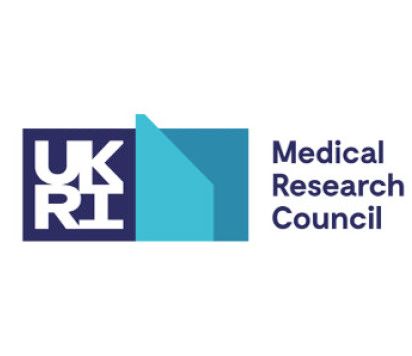
Organised by
Prof Joanna Tzoulaki
Public School of Health, Imperial College London
E: i.tzoulaki@imperial.ac.uk
Prof Abbas Dehghan
Public School of Health, Imperial College London
E: a.dehghan@imperial.ac.uk
A One-Day UK DRI Workshop
Friday 10 November 2023
The Stadium Room, Scale Space, White City, 58 Wood Lane, London W12 7RZ
A one-day workshop bringing together expertise in molecular and genetic epidemiology and electronic health record research and large-scale epidemiological studies to study causal risk factors, risk stratification opportunities, and drug target identification and drug repurposing opportunities for Alzheimer's disease and dementias.
Boasting a distinguished international line-up of speakers, including a plenary lecture from Professor Albert Hofman (Harvard University), the workshop explored topics such as causal inference, molecular approaches, and the utilization of big data. The program comprised three sessions dedicated to distinct themes and a poster presentation session which provided an opportunity for early-career researchers to showcase their findings in the field. Regular breaks for discussions not only facilitated thought-provoking debate amongst attendees, but also revealed new research avenues and sparked collaborations.
Read more about the speakers and their research interests below.
Speakers

Professor Albert Hofman
Harvard Chan School of Public Health
Talk title: “Why are epidemiologists so bad at epidemics? The case of Alzheimer's disease”
Dr. Hofman is an internationally recognized scientific leader in the epidemiology of common neurologic and vascular diseases, in particular dementia and stroke.
He was the initiator of pioneering studies on the role of vascular factors in the etiology of Alzheimer disease and a leader in initiating genetic studies of complex diseases in large populations: the Rotterdam Study (1990) and the Generation R study (2002). These studies target multiple common diseases, have an extensive and state-of-the-art assessment of the putative determinants of these diseases, and employ as much as possible new technologies to be applied in the setting of epidemiologic population studies.
Download presentation slides - Albert Hofman slides

Professor Monique Breteler
German Center for Neurodegenerative Diseases
Talk title: “Population research into healthy and unhealthy brain aging”
Professor Breteler investigates the causes and predictors of age-associated diseases, particularly neurodegenerative and cardiovascular disorders, to ultimately help prevent such diseases. She has extensive experience in initiating and leading large population cohort studies, most recently the Rhineland Study in Bonn. She is a member of the Royal Netherlands Academy of Arts and Sciences and the German National Academy of Science Leopoldina.
2
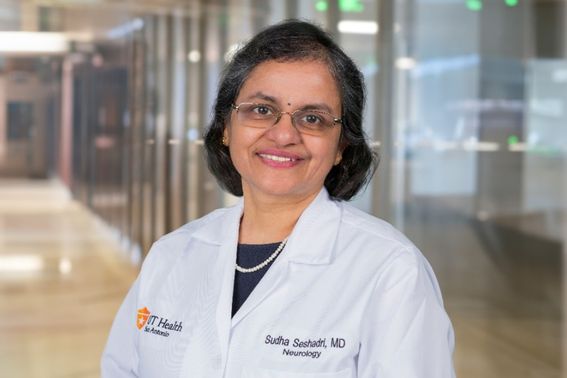
Professor Sudha Seshadri
UT Health San Antonio
Talk title: “Aging, Resilience, Multimorbidity and Dementia in the Oldest-Old”
Professor Seshadri enjoys a superb reputation in both science and clinical care and is a recognized thought leader in Alzheimer’s disease. She is a Founding Director of the Glenn Biggs Institute for Alzheimer’s and Neurodegenerative Diseases, where clinical care and research with biological and systems research, population neuroscience, public health, education and training are being combined. Prof Seshardi is also Director of the South Texas Alzheimer’s Disease Research Centre (ADRC), which promises to be transformational for AD research and care, especially for enrolment of under-represented minorities into clinical trials of ADRD.
Download presentation slides - Sudha Seshadri slides
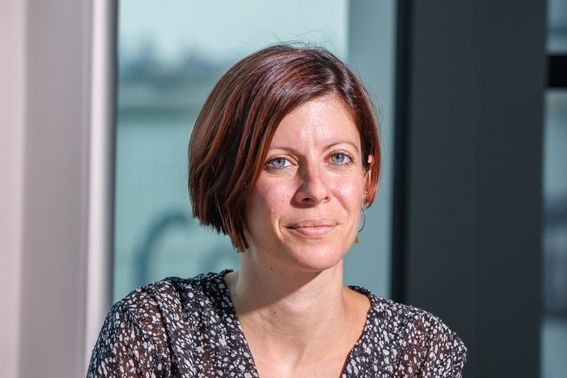
Professor Joanna Tzoulaki
Imperial College London
Talk title: “Shared genetic architecture between Alzheimer Disease and Cardiovascular Diseases”
Joanna Tzoulaki is leading work using population health data to understand causes of dementia and develop better risk stratification strategies. She works on molecular epidemiology approaches to uncover dementia pathways and is interested in exploring disease multimorbidity to identify common mechanisms between different diseases and drug repurposing opportunities. Through electronic health record research her team explores longitudinal trajectories of dementia pathways for prognostic research.
3
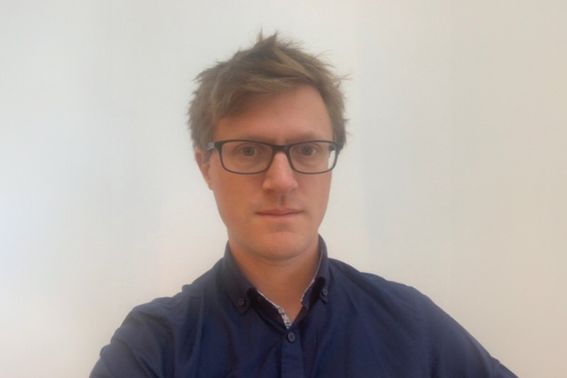
Professor Neil Davies
University College London
Talk title: “The causes of Alzheimer’s disease, Mendelian randomization: what do we know, and what next?”
Neil Davies is Professor of Medical Statistics at University College London. He has been involved with Alzheimer’s research for over a decade. As yet, he has not found a cure. He has developed and used methods for causal inference in genetic and pharmaco-epidemiology to learn about the causes of Alzheimer’s disease.

Dr Verena Zuber
Imperial College London
Talk title: “Single cell Mendelian Randomisation on human brain disease and behaviour”
Dr Zuber’s research focus is the development of novel methodology for causal inference and its application in life science and health data research. A particular focus of my research is the use of genetic variation as instrumental variables, a study design also known as Mendelian randomization. More broadly, my research interest is at the intersection of causal inference, high-dimensional statistics, machine-learning and statistical genetics.
Download presentation slides - Verena Zuber slides
4
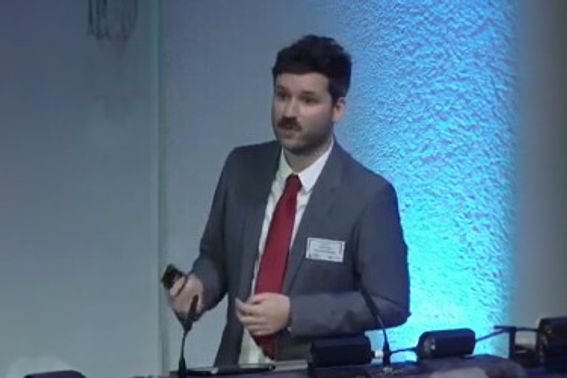
Dr James Yarmolinsky
Imperial College London
Talk title: “Genetically proxied drug target perturbation for dementia research”
Dr Yarmolinsky's research aims to use insights from human genetics and other quasi-experimental approaches to inform the development of pharmacological interventions for chronic disease prevention and treatment. James is particularly interested in exploring shared pathophysiological mechanisms linking cardiometabolic disease and other chronic diseases and consequent opportunities for drug repurposing and joint disease prevention
Download presentation slides - James Yarmolinsky slides
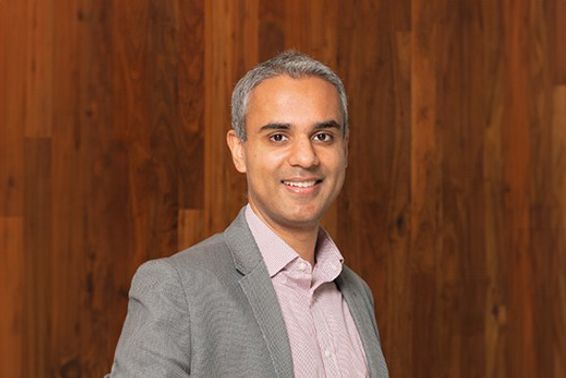
Professor Arfan Ikram
Erasmus University Medical Centre
Talk title: “What makes dementia research so difficult? A few methodological considerations”
Professor Ikram’s research focuses on dementia, Alzheimer’s disease, healthy aging and multimorbidity. He aims to unravel the etiology and mechanisms underlying these conditions within the settings of population-based cohort studies and large biobanks, particularly the Rotterdam Study. Additionally, he has a distinct interest in developing and applying novel causal inference methods in his research.
5

Professor Ole Adreasson
University of Oslo
Talk title: “Multimodal prediction of Alzheimer’s disease – opportunities in Nordic registry and biobank data”
Professor Andreassen has applied clinical, neurocognitive, and brain imaging phenotypes and molecular genetics tools to identify causes and underlying pathophysiology Alzheimer’s disease, and has developed multimodal stratification tools for precision medicine applications.
Download presentation slides - Ole Andreasson slides
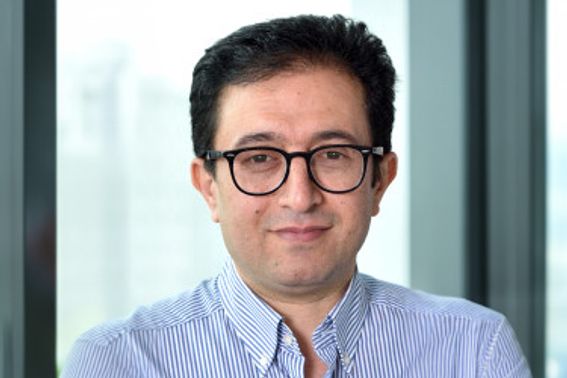
Professor Abbas Dehghan
Imperial College London
Talk title: “Integrating genomics and metabolomics to understand Alzheimer’s disease pathways”
Professor Dehghan is working on the genetics of omics, in particular metabolomics, and applying Mendelian Randomisation approach to investigate causal determinants of complex traits and diseases including cardiometabolic disorders, dementia and cancers.

